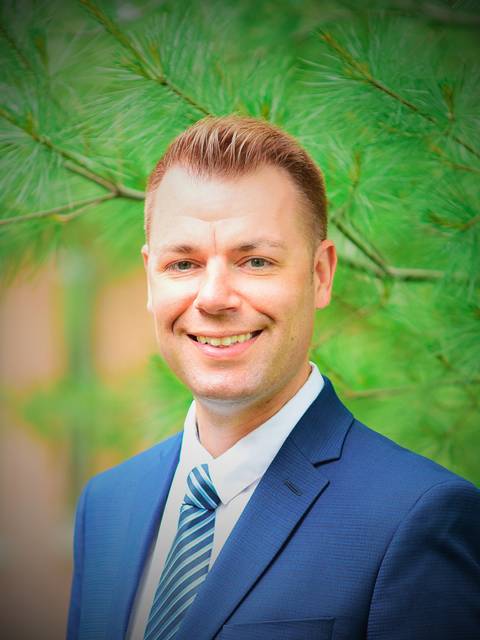Do you know me? How can I trust that you are someone that understands me, my culture, and will speak to the needs of diversity, equity, and inclusion when asked?
| Series | Ethics and Boundaries |
|---|---|
| Related Program |
Equity, Diversity and Inclusion in your practice
This training focuses on appropriate ethics and boundaries in client-case manager and peer-to-peer relationships in everyday practice. Participants will engage in self-reflective activities related to race, ethnicity, gender, sexual orientation, different abilities, and intersectionality. Oppression, discrimination, power and control, and historical and structural racism, and privilege will be featured as it relates to the helping professions. Use of group discussions and personal reflection will foster understanding of ethical, reflective practice with clients, personal diversity, and skill level in cultural humility, and increasing knowledge of diverse cultures within the helping professions.
Learning Objectives:
- Understand the distinction between cultural humility and cultural competence.
- Examine personal values and perspectives regarding various cultures, including self-reflection, knowledge of diversity; encouraging a framework to better understand your practice with individuals and groups
- Evaluate personal biases, both implicit and unconscious; and explore how the dynamic of power is shaped from this context.
- Understand and apply the Code of Ethics and the Code of Conduct (MPSW 20), and our ethical principles and boundaries when working with clients from a multicultural perspective which may be exposing or hindering our ethical practices.
- Demonstrate understanding of the Code of Ethics and Code of Conduct (MPSW 20), ethical principles, and boundaries applied to specific ethical dilemmas when experiencing ethical challenges, utilizing the Nine-Step Ethical-Decision Making Model.
This program meets Wisconsin Ethics and Boundaries continuing education requirements for human service professionals.
Who should attend
Human service professionals such as social workers, professional counselors, therapists, and psychologists.
Instructors
-

Dana Johnson from Wisconsin is a career social worker (Licensed MSW), practicing in senior level management in state government, county human services, an educator in higher education, and operating a consulting and professional development firm. His experience includes child welfare practice, policy, and reform; transformational organizational leadership and culture change, supervision of teams, continuous quality improvement, ethics and boundaries theory, and dynamic equity, diversity, and inclusion efforts across micro, mezzo, and macro systems.